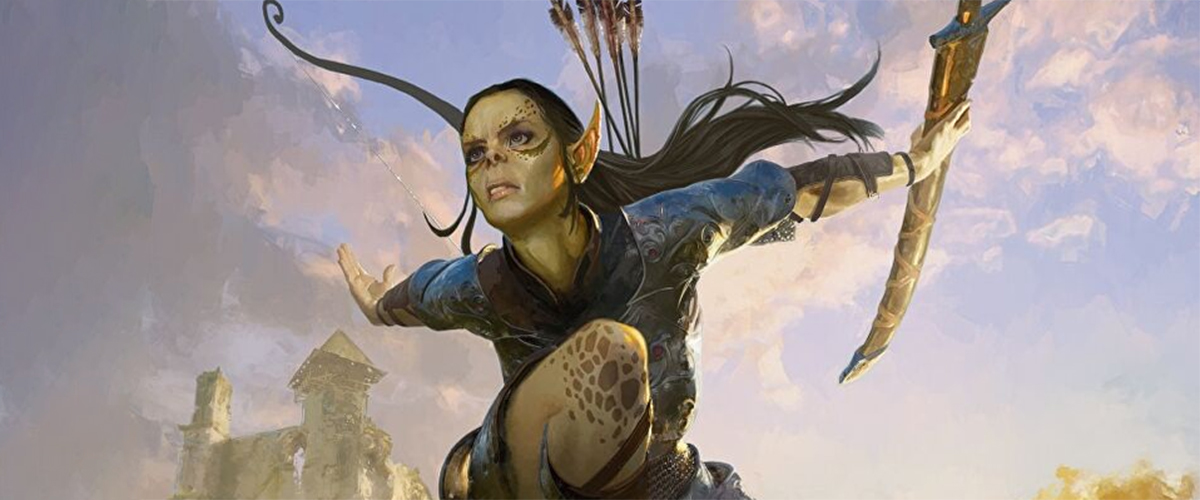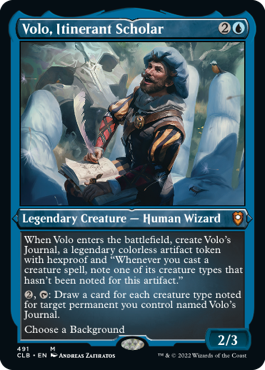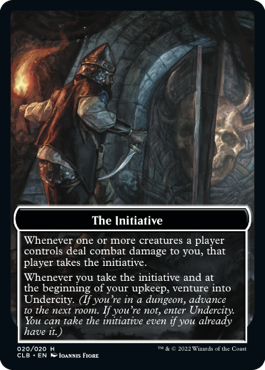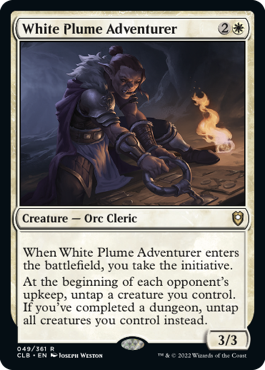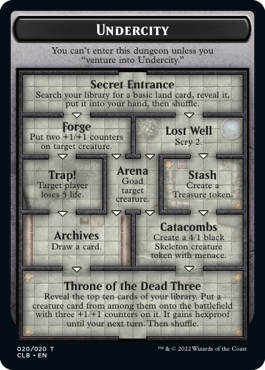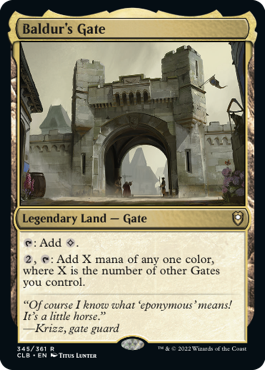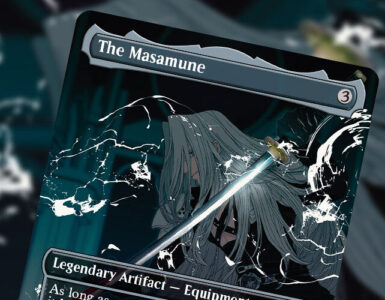The latest Dungeons & Dragons set added to Magic: The Gathering card-verse is Commander Legends: Battle for Baldur’s Gate, out on 10 June 2022. This set brings you back to one of the Sword Coast’s most populous cities with new and revised old game mechanics.
Here’s a quick primer on Commander Legends, which was first introduced in 2020. It allows the Commander Draft format, where players draft a 60-card deck and face off in a four-player game. The deck has a Partner mechanic which allows for powerful synergies to be created with two Commanders in your deck.
Background, New Enchantment / Commander Card
New to this set is the Background mechanic, which is supposed to simulate how your commander came to be in that particular deck (like how D&D players create backstories for their characters).
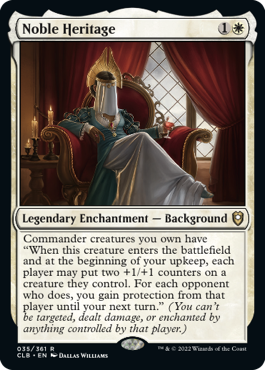
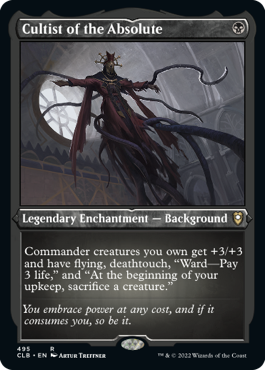
Gameplay-wise, while the Background card can be played like any other enchantment card, it has a special function — being able to become the second Commander in your deck through the Partner mechanic, if your chosen Commander creature has a line that allows you to select a Background.
This means that the Background can have a different colour identity from the Commander creature, and you use the combined colour identity of both cards to determine what the other 98 cards in your Commander deck (or 58 cards in Commander draft) can be, opening up possible moves.
The ‘Commander tax’, the additional two mana cost for every time you’ve cast a commander from the command zone, applies separately to your Background.
Battle for Baldur’s Gate Initiative Mechanic
Initiative is a common term in Dungeons & Dragons, in which the player with initiative gets to move first.
Gameplay-wise, having the initiative in Battle For Baldur’s Gate gets you three bonuses: a player taking the initiative gets to venture into the Undercity (it’s a new Dungeon card, see below); a player with the initiative ventures into the Undercity again at the beginning of their upkeep; and several cards get better if you have the initiative.
Initiative can be obtained in several ways, and only one player can hold the initiative at any time. First, by playing a card that lets you take the initiative.
Second, by attacking the player with initiative. If you deal damage to the player, you take the initiative.
Third, when the player with initiative leaves the game, the player who takes the turn next gets the initiative.
Dungeons & Battle for Baldur’s Gate Undercity
First introduced in Magic through Dungeons & Dragons: Adventures in the Forgotten Realms, the Dungeon card is making a return in the form of Baldur’s Gate’s Undercity.
Like previous sets’ Dungeon cards, The Undercity card starts outside the game and can end up in the command (play) zone for a while.
Players can enter Undercity via the action ‘venture into Undercity’, which happens when they take the initiative or have the initiative during their upkeep phase.
Only the ‘venture into Undercity’ action lets you begin exploring the Undercity and put it into play in the command zone. Other ‘venture into dungeon’ action only starts other dungeons, such as the Lost Mine of Phandelver.
However, once you have your marker in the first zone of either Undercity or the Lost Mine, any of the ‘venture’ actions will move your marker to the next zone on the card. You cannot have two Dungeons in play at any one time.
Gate, Land Card
It is a returning land-type card that has abilities that factor in other Gates you control.
Also check out our preview of Beckoning Will-o’-Wisp, another card introduced in Commander Legends: Battle for Baldur’s Gate, where it tempts other players to attack the same target. Commander Legends: Battle for Baldur’s Gate will be available on 10 June, and can be pre-ordered now.
If you are new to Magic: The Gathering, the Commander Legends sets are a good place to start. For a quick overview of the game, check out our primer that helps you get your foot in the door.

